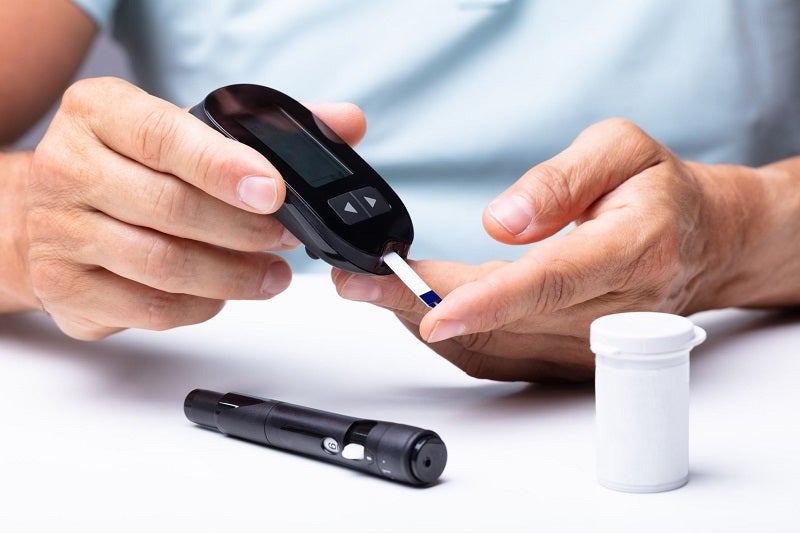
Versantis is set to receive nearly $508,753 (Sfr475,000) from Swiss national innovation agency Innosuisse for the development of a point-of-care (POC) device to monitor blood ammonia in liver disease patients.
The company plans to enlist the Zurich University of Applied Sciences School of Engineering and develop a prototype POC device, TS-01, using a polymersome-based ammonia quantification method.

Discover B2B Marketing That Performs
Combine business intelligence and editorial excellence to reach engaged professionals across 36 leading media platforms.
TS-01 is designed for the measurement of ammonia in blood at home, mainly for hepatic encephalopathy (HE).
Exclusively licensed by Versantis, the assay is being developed using transmembrane pH-gradient polymersomes that encapsulate a pH-sensitive ratiometric fluorophore.
The ammonia concentration in the blood sample can be determined by measuring the fluorescence signal.
Versantis chief sales officer and co-founder Dr Vincent Forster said: “There is a great unmet medical need for an accurate and user-friendly device to monitor the levels of ammonia in patients with liver disease.

US Tariffs are shifting - will you react or anticipate?
Don’t let policy changes catch you off guard. Stay proactive with real-time data and expert analysis.
By GlobalData“Hyperammonemia and its associated neurological manifestations, such as hepatic encephalopathy, affects 30%-45% of cirrhotic patients and can lead to coma and death.
“We believe using a novel portable point-of-care device will allow daily monitoring of ammonia, thereby significantly reducing hospitalizations and fatal outcomes for patients, while also saving time, effort, and expense of health care professionals, supporting caregivers, and family members.”
The ZHAW School of Engineering plans to utilise the funding from Innosuisse for the development of the optoelectronic component of the device and engineer its biomedical instrumentation.
Versantis noted that the TS-01 assay has been demonstrated to be accurate in a wider physiological and pathological ammonia concentration range compared to the existing instruments.
Versantis CEO Mark Fitzpatrick said: “This Innosuisse grant will allow us to advance our TS-01 technology to a fully functional in-vitro diagnostic (IVD) POC device and partner with leading IVD manufacturers for planned marketing authorisation and commercialisation.
“This unique technology provides us with a significant market opportunity both as a standalone product and as a companion diagnostic to our lead therapeutic product candidates VS-01 and VS-02, potentially alleviating the growing healthcare burden associated with ACLF and HE.”





